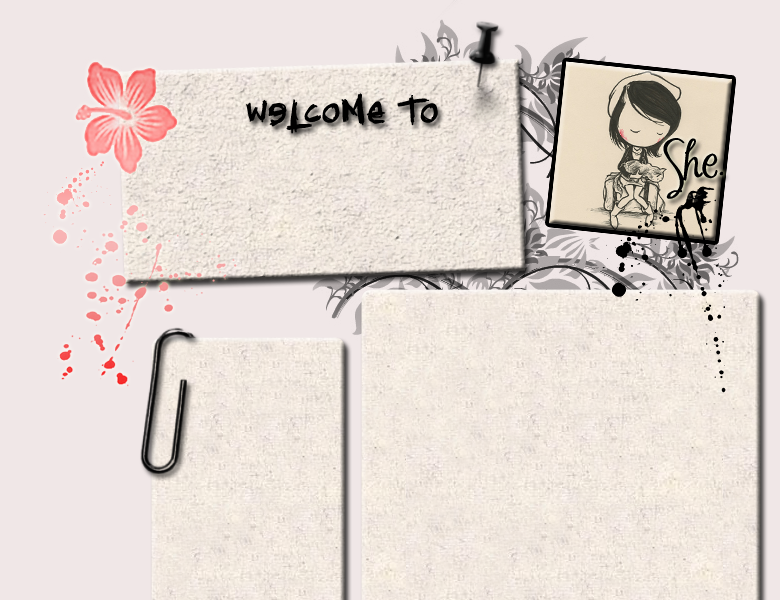Shame
I thought that medical officers should know better. On common courtesy, respect, empathy and ethics. More so if the individual is a specialist/clinical school lecturer.
I was wrong.
This morning, my friends and I had to clerk a 50-year old Malay man [let his name be X] during our hospital visit. A cooperative patient, X cheerfully told us whatever we wanted to know: on his main complaint(s), past medical history, family history and social history.
We found a great deal about him. That he is a busy man (he has two jobs to begin with, and has a relatively large family to care for). That he was diagnosed diabetic and hypertensive just last year. That he is on oral medication to control his ailments. And that he OPENLY admitted he was a social drinker during his hey-days, and stopped drinking since 1984.
Can one imagine how difficult it must be for him to actually talk about his (past) drinking habits? The fact that he openly said so to us not only implied he was courageous enough to do so, he trusted us completely. Hence one of the reasons why we SHOULD TREAT OUR PATIENTS WITH OUTMOST RESPECT.
Then along came a certain Dr. Z (a foreigner by the way), who was to guide us during our bed-side teaching. I shall not elaborate so much on what he/she had done, but the following were three (grave) mistakes he/she had made in our rounds:
1. Did not greet X, nor introduced himself/herself to him.
2. Commanded us to start presenting his case, in front of X, without even looking at him.
3. Commented loudly (and quite harshly) on his history during case-presentation, assuming that X does not understand English.
Two significant examples to illustrate my 3rd point:
a) On past medical history:
Student 1 : X is diagnosed as diabetic and hypertensive one year ago, and is currently on oral
medications....
Dr. Z : And what about the medications?
Student 2 : He doesn't know the name of the drugs. He only knows that he has to take one large, white tablet and another white but smaller tablet everyday.
Dr. Z : Oh I'm sure he doesn't know the name of the drugs....his IQ isn't high....
What the.....???!!!!!
b) On social history:
Student 1: He admitted that he drank occasionally between 1979-1984 whenever he went out with his friends, but has stopped completely since then...
And in a very loud voice, oblivious to the number of people in the Ward...
Dr. Z : Okay, so HE'S AN ALCHOLIC FOR 5 YEARS!!
I rest my case.
X was naturally offended by his/her remarks, and felt he was publicly humilliated. Dr. Z was still unaware when X later got up from his bed and walked to the other side of the ward, refusing to listen anymore. The good doctor only realized his/her folly only when X refused to be examined, stating himself very clearly in Bahasa that he was very much insulted and demanded an apology.
[note: Being a foreigner and a new teaching-doctor, Dr. Z does not know Bahasa, so we had to translate what X had said]
Okay. So Dr. Z might be new in Malaysia, and thus he/she may not be aware of our religious and cultural backgrounds. However, that is not an excuse for his/her improper conduct towards X. Where was his/her etiquette? Surely the good doctor must have been brought up at one stage to RESPECT other people, regardless of the context.
X was still unhappy despite the apologies....
That is understandable.
Dr. Z? He/she was pretty much shaken after this episode.
Hopefully this would be his/her last.
To the other doctors/medical students, let this be a valuable lesson for all.....


